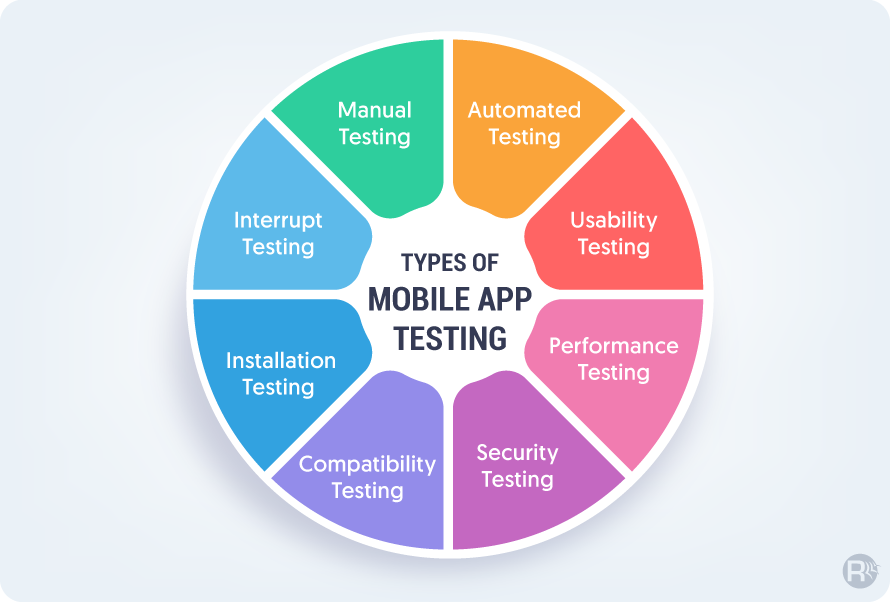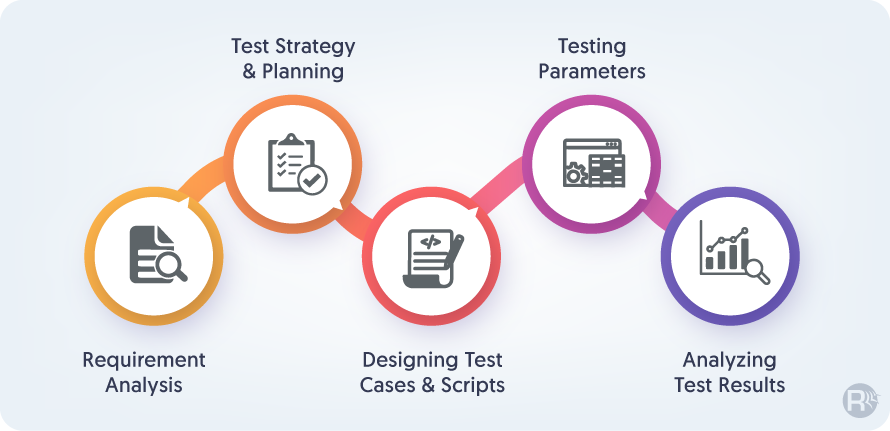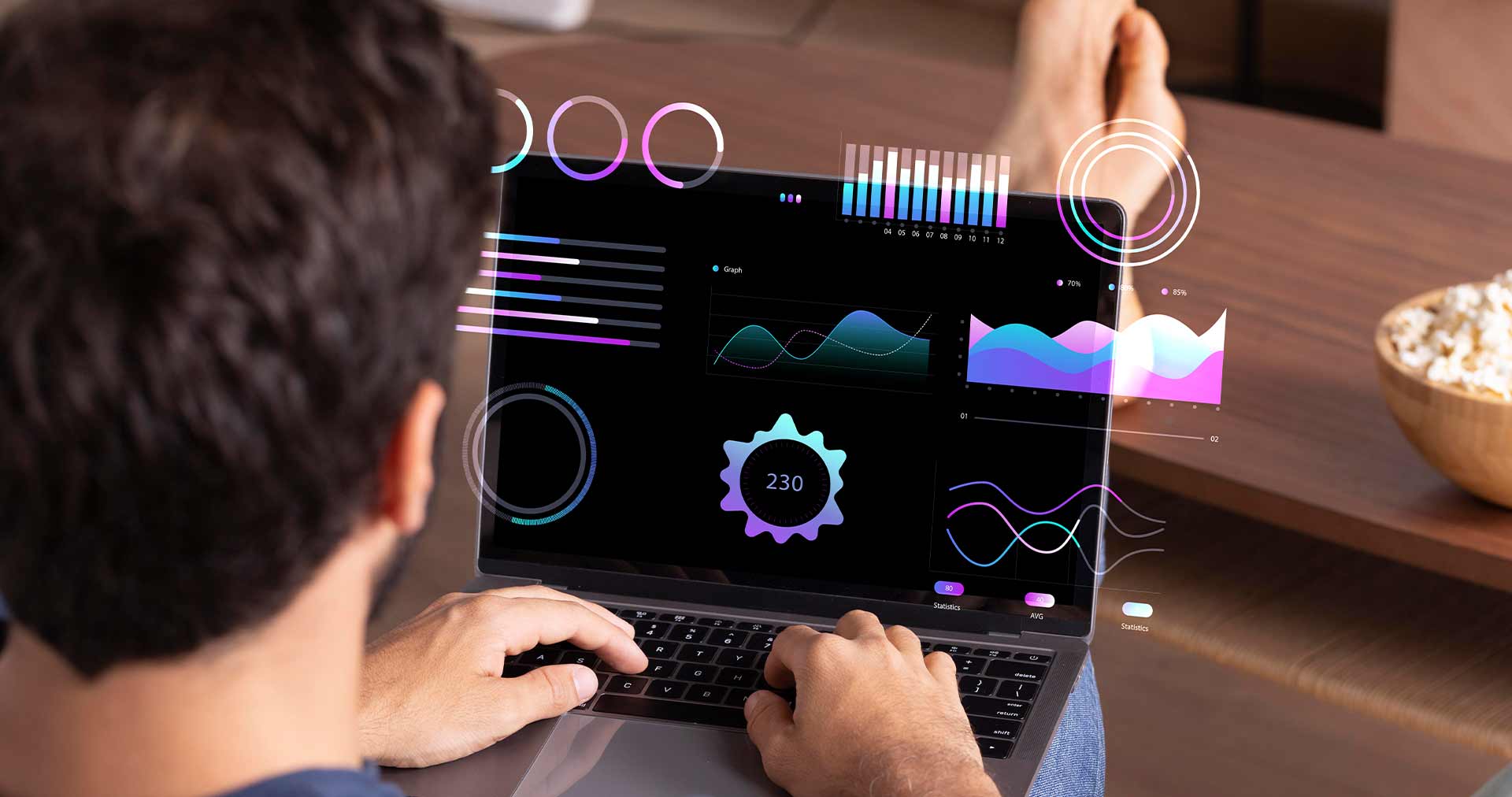The mobile application market is flooded with millions of apps. From ordering food, gaming, social networking, bill payments, travel bookings, audio & video recording to shopping online, there is an app to serve almost every purpose. However, consumers prefer using flawless apps with no performance glitches.
To ensure consistent execution, the app must be thoroughly tested to fix all the potential bugs. Mobile app testing helps boost the in-app experience for the users, including its performance, security, and UI. The main focus of this exercise is to test the apps for functionality, usability & stability.
Through this article, we will provide a comprehensive insight into the essential considerations of testing a mobile application and how to go about it.
Research shows that 62% of users uninstall an app if they experience mobile crashes, errors, or freezes.
Types Of Mobile Application Testing
Testing professionals are well-versed with varied skills to weed out bugs across different test scenarios and environments. Let’s explore different types of testing methodologies needed for mobile applications based on their functionality.

- Manual Testing: It includes executing the test from beginning to end without using extensions, scripts, or automated tools.
- Automated Testing: It helps automate the entire process of app testing and is mainly used for regression testing or where the condition demands several repetitive tasks.
- Usability Testing: Ensures that mobile apps are easy to manage and user-friendly to enable businesses to improve customer satisfaction.
- Performance Testing: Enables validating application behavior & performance across various test scenarios to determine the interoperability, stability and other major aspects under certain conditions. It also includes low battery, CPU utilization, typical levels of traffic, varying network signals and more that can affect the app’s functionality.
- Security Testing: It verifies overall security parameters of the mobile app and protects user’s personal data. It analyzes potential threats, vulnerabilities and helps validate standards such as authorization, authentication and session management.
- Compatibility Testing: It checks the mobile app across different devices, browsers, OS versions, networks, screen sizes, and more as per the business requirements.
- Installation Testing: This testing method helps check whether an app can be installed and uninstalled adequately. It also ensures that application updates are working smoothly.
- Interrupt Testing: A critical scenario is today’s day and age around how an app performs when interrupted by incoming calls, text messages, push notifications, alarms, or any network problems. It simply checks these interruptions and helps provide seamless user experience with practical solutions.
Mobile App Testing Strategy
You would agree the goal of any mobile app is to create innovative and new experiences. But there are some necessary steps that you must accomplish between crafting a clear vision for the app and creating a mobile application. It is an important phase of the overall QA process. With such a fragmented landscape and multiple OS/device combinations to test, how can you ensure test efficacy?
Here are a few tips to implement a well-defined strategy that assures high performance and app quality.
- Device Selection: There are different types of mobile devices available in the market. So, it is wise to analyze and define an ideal list of devices to test for the application. It would comprise the most latest to even the basic devices that serve the current and future needs of the app in a dynamic environment.
- Emulators/Stimulators (Virtual Devices): You would agree the emulators are best known for testing external behavior, and simulators for testing the internal behavior of the app. They are ideal for testing in the initial stages of development and facilitate efficient & quick testing of the mobile app. Leverage the system that enables seamless operation of the software from one environment to another without any modification.
- Identify Testing Types: It is important to list down the various types of mobile app testing (as listed above) that need to be based on functionality, market launch, expected user-base & more.
By combining real devices with virtual ones, a software testing services company, like Rishabh Software can help you create mobile app testing strategy and mitigate the risks of escaped defects.
Mobile App Testing Process

Listed below is a step-by-step process to execute mobile app testing strategy and how Rishabh can help improve application performance.
- Requirement Analysis: Analyze your project requirement to identify functional features and type of the mobile app (Native, Web, or Hybrid).
- Test Strategy & Planning: To ensure reasonable and vast machine coverage, we select the target mobile devices & users based on the business requirements.
- Designing Test Cases & Scripts: We draft test suites and test cases for various features and functionalities.
- Testing Parameters: Before testing any mobile app, we freeze upon features, functionality and more with related attributes, parameters & reporting mechanism (PM & Development teams) to report bugs.
- Analyzing Test Results: We provide a summary on test report & analysis across scenarios throughout the entire development lifecycle.
Mobile App Testing Tools
The mobile app testing software help reduce the time needed for the testing process with chances of rectifying human errors during the test execution phase. Here’s a handpicked list of top & popular mobile automation testing tools.
It includes;
- Appium: It’s an open-source tool for testing a wide range of applications, including web, mobile, hybrid and native apps. It utilizes WebDriver protocol to drive iOS and Android apps. It supports major languages such as C#, Java, Ruby, Python and others which are in the WebDriver library.
- TestComplete: It is one of the most popular tools for functional automated testing. This provides testers with the ability to create and run tests on Android, Web and iOS applications.
- Espresso: It is a native framework for Android automated testing developed by Google. An object-based tool, it enables test creation that is close to the Android app’s logic.
- BrowserStack: A unique tool that focuses on different cross browser testing such as Chrome, Safari, Firefox, Internet Explorer, Edge and more. It provides access to Android/iOS emulators to simulate app behavior in real-world conditions.
- Perfecto: A cloud-based testing software that supports web and mobile testing. It provides exceptional coverage across testing scenarios to prepare your apps for a mobile-first world.
Use Cases of Mobile App Testing
With that let’s review a few of the many use cases of Rishabh’s mobile app testing approach.Business Case 1: Automated Agile Testing to Modernize Legacy Application
- Challenge: Customer dissatisfaction due to inadequate site navigation
- Solution: By automating the entire agile testing process we covered all the aspects of software testing, from usability to performance with multi-lingual capability and security for an EU-based global real estate developer. With Jira’s agile testing potential for automated QA processes, we significantly improved product delivery time and quality.
- Key Outcomes:
- 25% cost optimization with automation innovation
- 63% improvement in user interaction


Business Case 2: Performance Testing for Oil & Gas Industry
- Challenge: Difficulty in managing a large volume of different types of test data and monitoring the complicated lifecycle of various applications
- Solution: Our holistic approach to define and enforce the most relevant test automation strategies & methodologies for a US-based enterprise. UFT (Unified Functional Testing) helps automate user actions on an app and detect bugs in similar actions performed by different users. Whereas performance testing using Loadrunner facilitates examining the functionality and response of the application during the test cycle.
- Key Outcomes:
- 4x improvement in app performance with consistent user experience across devices
- 83% control with the system to track & manage application needs
Why Choose Rishabh?
Powered by more than two decades of experience in software testing, we’ve strong expertise to offer non-functional and functional testing services. It is across various domains ranging from retail and banking to travel and entertainment. Leverage our capability with end-to-end mobile app testing services and stand out from the crowd with high-performing apps. Our proven mobile testing frameworks ensure that the apps are device-compatible, fully functional & deliver a seamless end-user experience.








